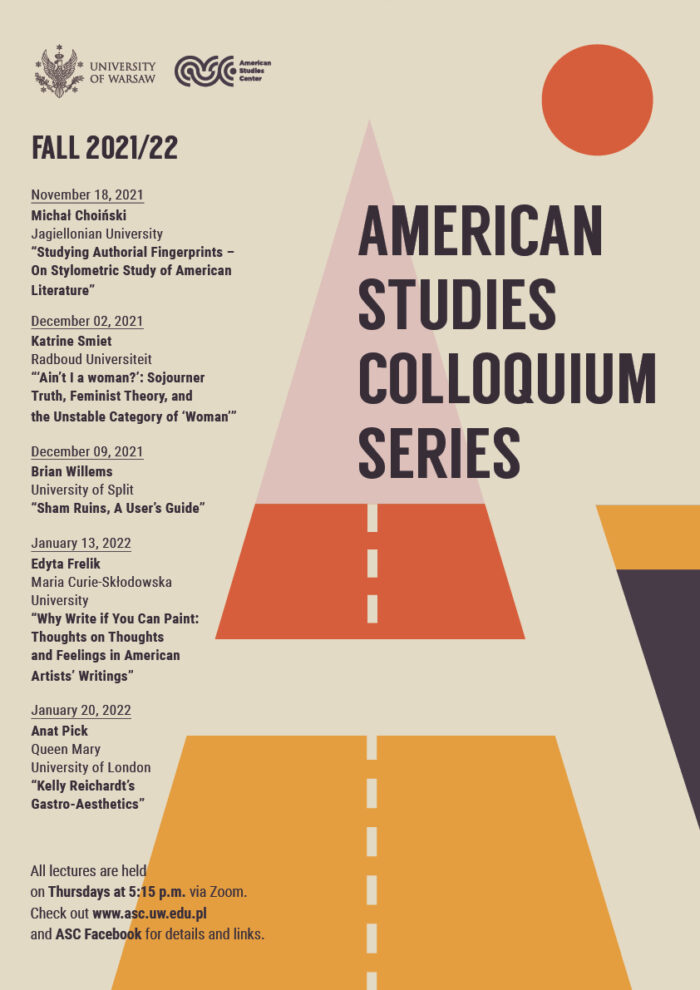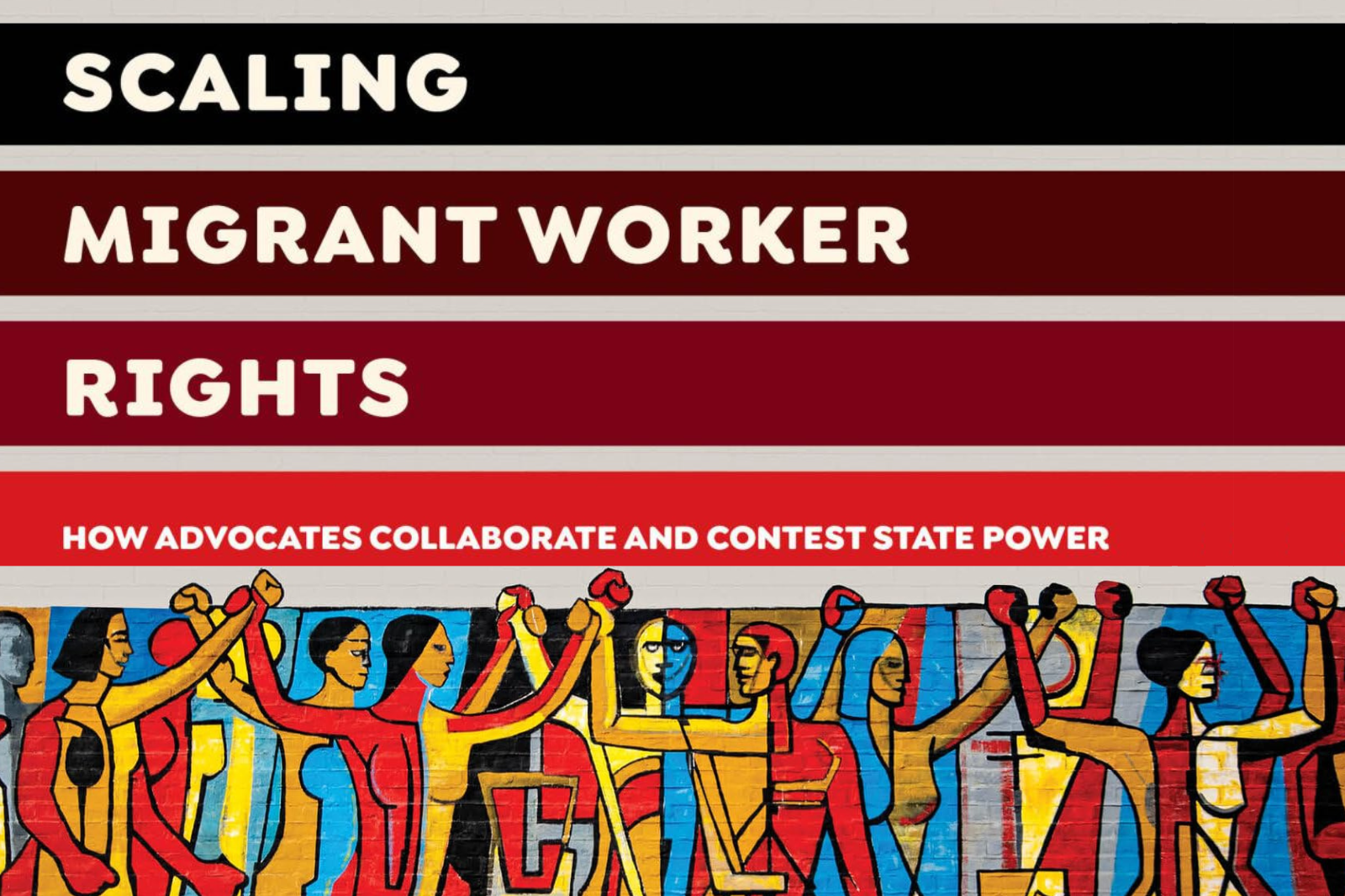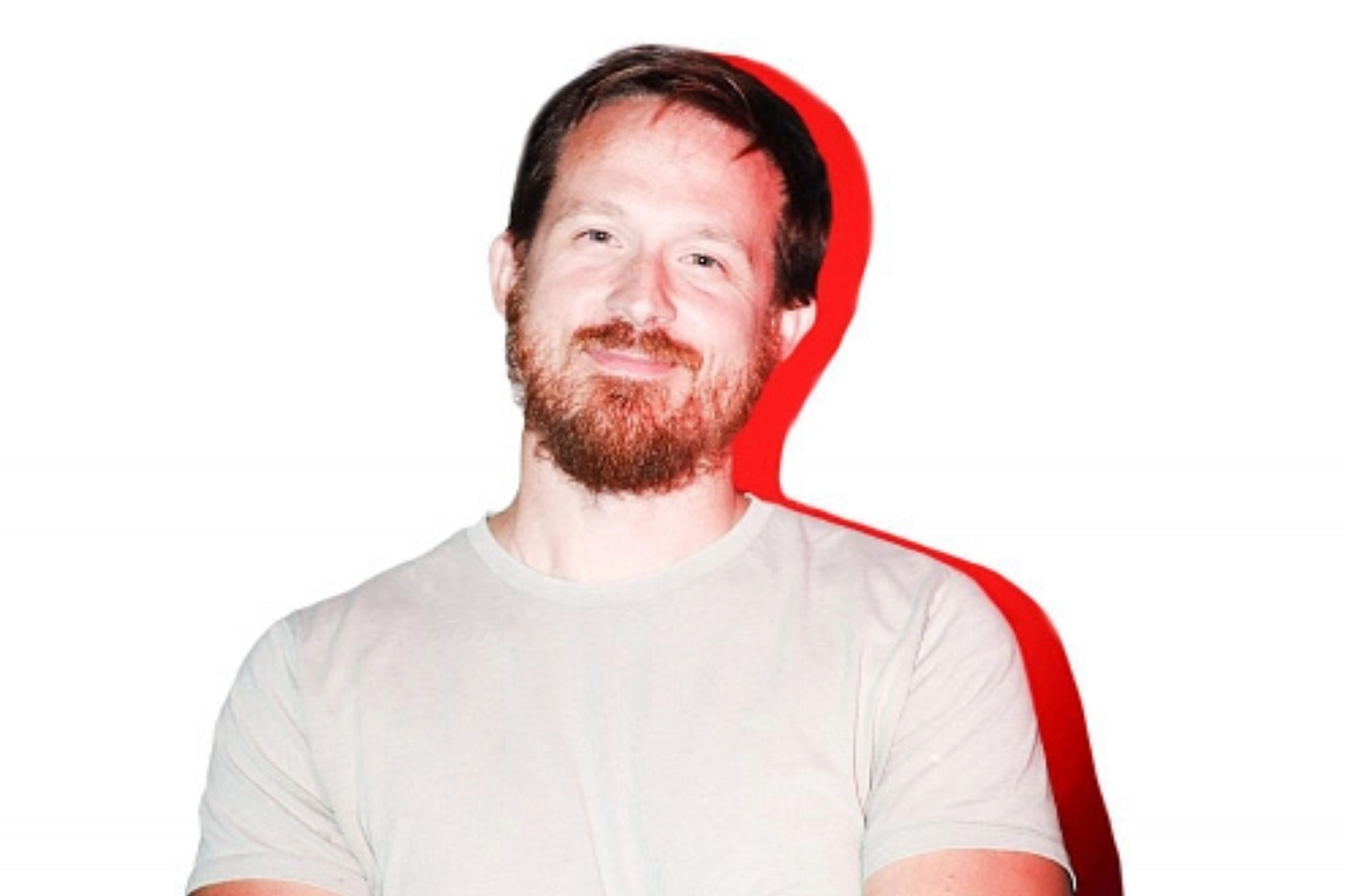We are pleased to announce an online lecture by
Katrine Smiet
(Radboud University)
‘Ain’t I a woman?’: Sojourner Truth, Feminist Theory, and the Unstable Category of ‘Woman’
This lecture is going to be the a part
of the 2021/2022 Fall Edition of the
American Studies Colloquium Series.
Thursday, December 2, 2021
at 5:15 p.m.
You can get 2 OZN points for participating in this event.
Check how to collect OZN points online here.

poster by Joanna Bębenek
Where?
This lecture will be streamed online. To attend, click the button below or enter https://us02web.zoom.us/j/82511092958 into your browser, and join the meeting.
What?
In 1851, Sojourner Truth addressed an audience at a Women’s Rights Convention in Akron, Ohio, in the United States. Speaking from her life experiences as a black and formerly enslaved woman, Sojourner Truth called attention to the intersections between different social struggles: the struggle for women’s suffrage, and the struggle to end slavery (abolitionism). Asking ‘Ain’t I a Woman?’ Truth questioned who was practically and symbolically in- and excluded from the notion of ‘women’ and as an extension, from the women’s rights movement. Her speech called attention to differences among women, and challenged the focus on white and middle-class women’s concerns. In the time since the event took place, the story of Sojourner Truth and the ‘Ain’t I a Woman’ speech has become world famous: it is by now an iconic feminist story. In particular, it has become an important reference point for the theoretical and political framework of intersectionality: a perspective which looks at the intersections and co-constructions of different forms of inequality and oppressions.
In this talk, I will focus on the deceptively simple question ‘Ain’t I a Woman?’ that Truth raises. Does the question presume ‘womanhood’ as a given and stable category, into which Truth – and with her, other marginalized women – can straightforwardly be included? Or does the question destabilize and question the very category of womanhood itself? In this talk, I will trace how feminist thinkers in the late 20th century have taken up and interpreted this question differently. Through an examination of black feminist, poststructuralist feminist and trans feminist interpretations of Truth’s question, the talk performs a feminist genealogy of the category of woman. This genealogy demonstrates that ‘woman’ is in no way an innocent and straightforward descriptive term. Instead, it marks an identity and a social position that is inherently tied up with power structures that are not only gendered, but also raced and classed.
Who?
Katrine Smiet is assistant professor in Gender & Diversity Studies at Radboud University Nijmegen. Katrine has a background in philosophy and gender studies. Her monograph entitled Sojourner Truth and Intersectionality: Traveling Truths in Feminist Scholarship was published by Routledge in January 2021.




